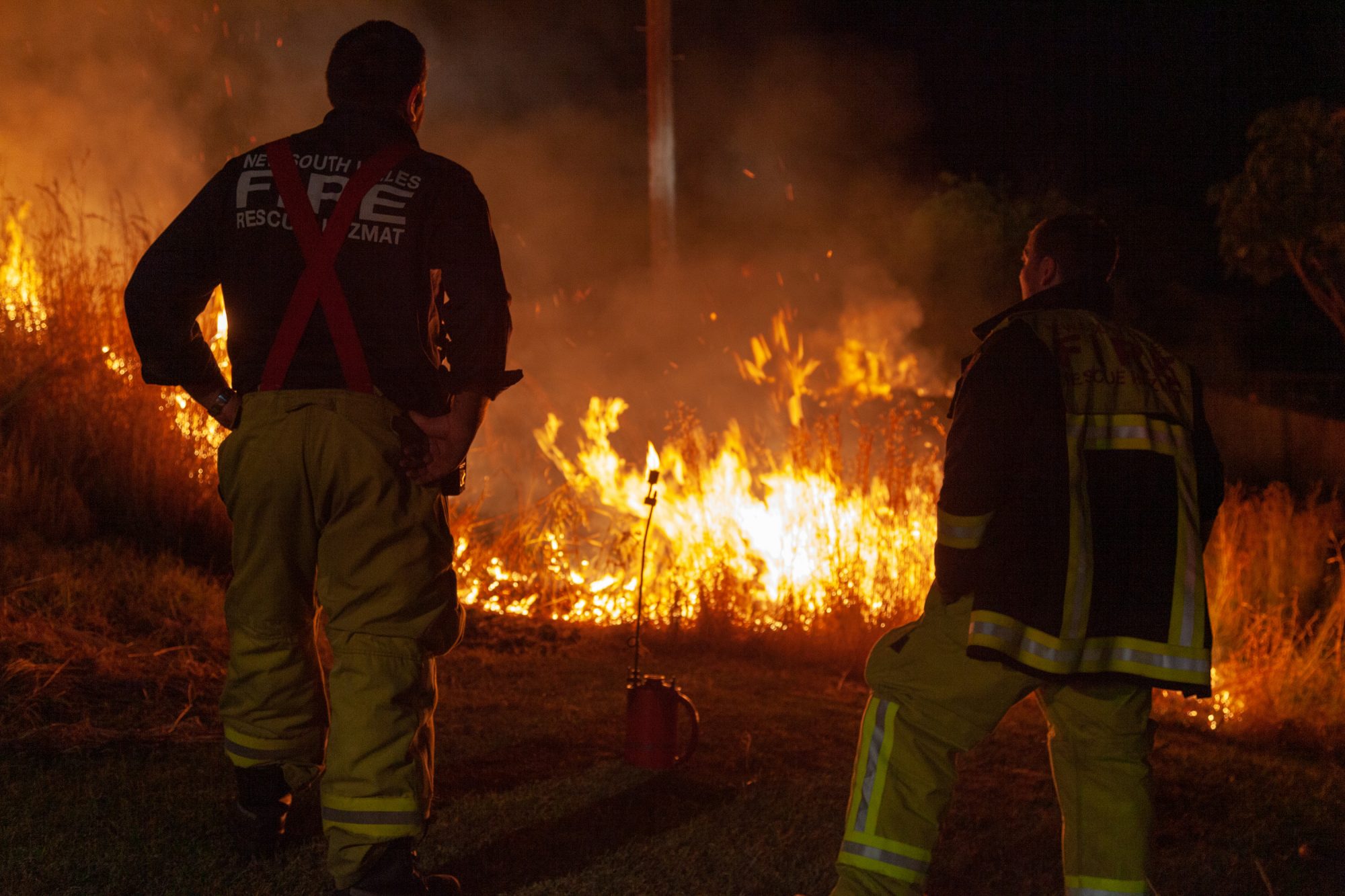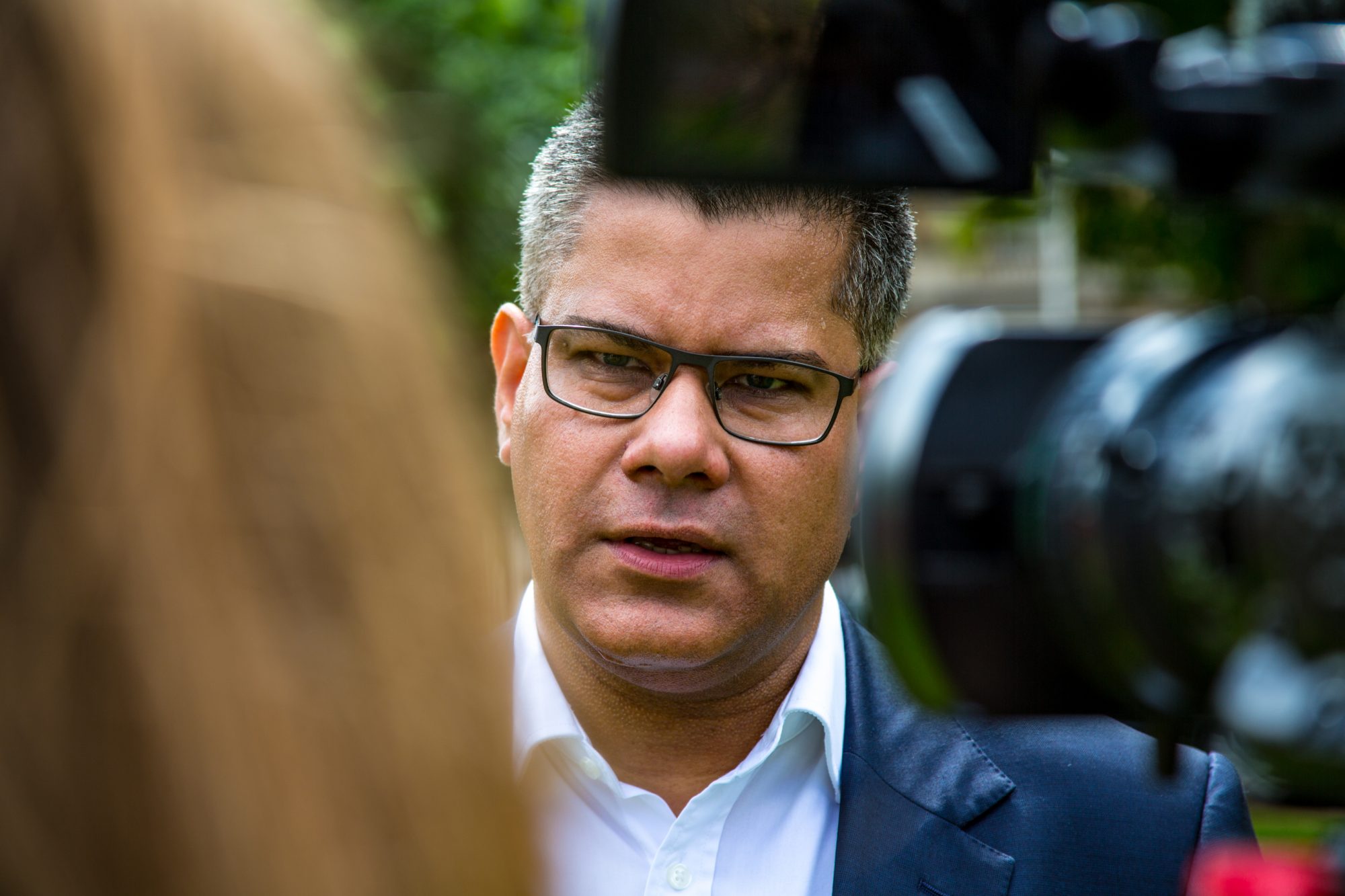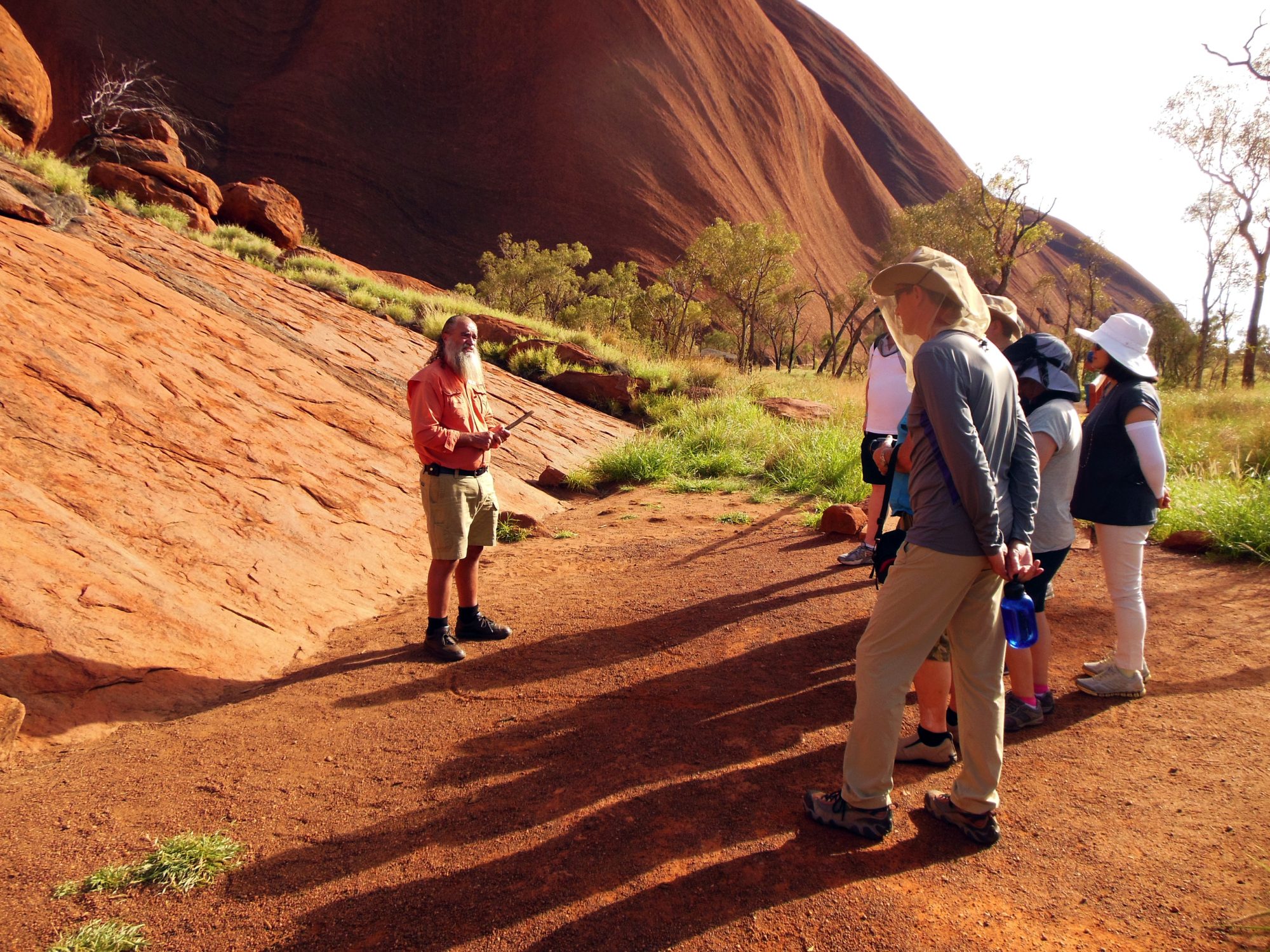COP26 President Alok Sharma to visit Australia and meet with Indigenous leaders and representatives to discuss climate action in preparation for COP27
The former COP26 President, Alok Sharma, is to travel to Australia from 24-26 July 2022 to meet ministers of the new Australian government and continue his delivery of the Glasgow Climate Pact leading up to COP27.
Highlighting the severe weather experienced in the region, the COP26 President aims to meet with representatives from communities who have experienced climate change and have proposals on climate strategies – including from Indigenous leaders.
When meeting Indigenous community representatives, Alok Sharma wants to understand their approach to nature-based solutions, as well as engage with states, businesses, and civil society in support of stronger climate actions.
As Indigenous communities globally have had their knowledge of appropriate environmental practices ignored, this is a step in the right direction to solving local problems.
Mr Sharma will discuss Australia’s potential as an international climate leader through discussions on climate finance and zero-emission vehicles.
There will also be engagement with Australian states, banks, businesses and civil society groups in support of stronger action on climate.
The impacts of climate change in Australia
Australia has undeniably seen more frequent and severe natural disasters demonstrating the impacts of climate change.
These have included severe flooding in New South Wales, wildfires which have become uncontrollable, and severe weather forecasting too.
Speaking with first responders to these disasters at New South Wales Rural Fire Service State Operations Centre, Mr Sharma will also visit a local nature reserve to address local solutions.
Finally, he will talk with Ngunnawal Indigenous leaders who will explain the impacts of climate change in Australia, as well as traditional land management practices.

Indigenous peoples are leaders in tackling the climate crisis
COP26 recognised the role of Indigenous Peoples and Local Communities in the Glasgow Climate Pact – demonstrating how their knowledge of the land can reverse some of the terrible environmental impacts colonising nations have brought to the country.
As stewards of 80% of the world’s remaining biodiversity, Indigenous peoples are leaders in how to develop nature-based, resilient and effective solutions to climate change, through their knowledge and innovations, technologies, and spiritual values.
Alok Sharma, COP26 President, said: “Australia is turning a fresh page with its climate commitments and I look forward to working with the new Australian government on its path towards increased commitments and leadership in crucial areas such as climate finance, deforestation and support for less developed nations in the Indo-Pacific.
“The “Powering Australia Plan’’ is an innovative centrepiece of the new government’s clean energy and industrial decarbonisation policy and paves the country’s path to net-zero by 2050 and increasing its clean energy capacity.
“During my time in Australia, I will meet Indigenous representatives, business leaders, government ministers and more, providing a great opportunity to discuss ways we can work together for effective climate action.”

Indigenous Peoples are stewards of 80% of the world’s remaining biodiversity
UK High Commissioner to Australia, Vicki Treadell, added: “We’re delighted to welcome Alok Sharma to Australia where he’ll hear first-hand how the region is impacted by the climate emergency.
“We know that the Glasgow Climate Pact was a historic collective achievement, keeping 1.5C alive. Now is the time to deliver on those commitments. This visit by the COP President to Australia and Fiji outlines how important the Indo Pacific is to tackling climate change within the decade.”
After this visit to Australia, Mr Sharma will visit Fiji, which, like other Pacific countries, is highly vulnerable to the impacts of climate change.




![Europe’s housing crisis: A fundamental social right under pressure Run-down appartment building in southeast Europe set before a moody evening sky. High dynamic range photo. Please see my related collections... [url=search/lightbox/7431206][img]http://i161.photobucket.com/albums/t218/dave9296/Lightbox_Vetta.jpg[/img][/url]](https://www.openaccessgovernment.org/wp-content/uploads/2025/04/iStock-108309610-218x150.jpg)






